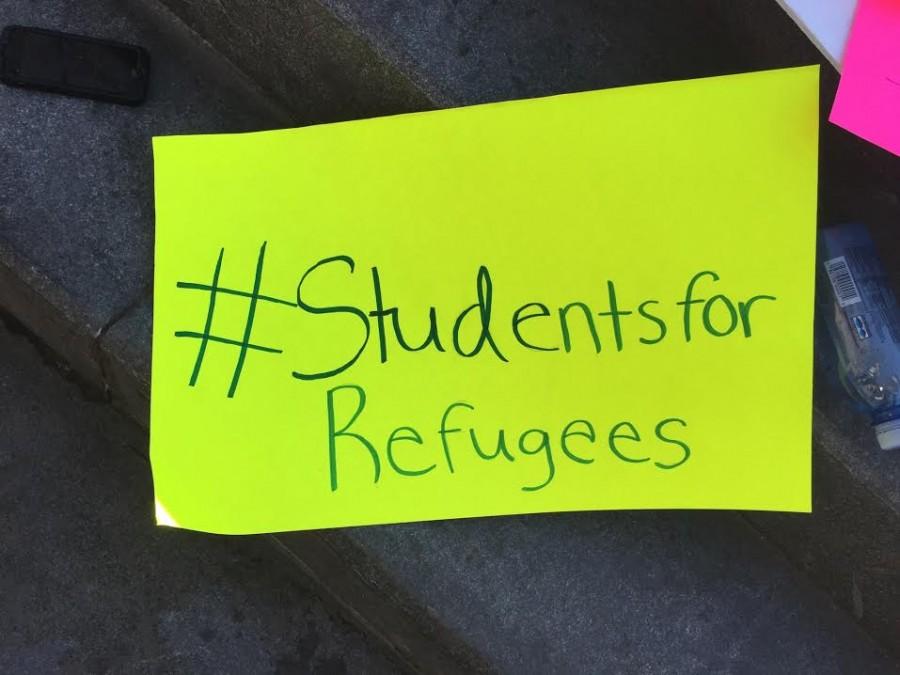The Ethical Case for an Open Heart
The Syrian refugee crisis has proven one of the most pressing humanitarian issues to date. The United Nations High Commissioner for Refugees has registered over 4.8 million Syrian refugees, who are mostly sheltered by Syrian neighbors Turkey, Lebanon, Jordan and North Africa. Just under one million refugees have applied for shelter to various European nations, where the fates of the multitudes of men, women and children rest in the cold, unwelcoming hands of European politicians.
Even the exemplar of Germany, where Angela Merkel’s “welcome culture” has led Europe in refugee acceptance, took a sharp blow when a string of widely publicized sexual assaults on New Year’s Eve turned public opinion sharply against refugees. So the story has been written across the continent, as politicians look upon fears of crime by refugees and cry out simultaneously: “Not in my backyard.”

Economist Tim Harford calls it rational racism. More technically, it is known as statistical discrimination. By whatever name, it is the phenomenon of people judging individuals by perceived group averages. This flavor of discrimination appeals most to politicians determined to spin old-fashioned bigotry into a more palatable platform. It’s about keeping our citizens safe, they claim. It’s about evaluating things objectively. Never mind that accepting refugees has not actually increased crime rates overall. A few juicy news stories are enough to get people worried.
But no rationality — not even the twisted, faulty rationality of Western nativists — was ever meant to stand in the way of common ethics. And amidst the cacophony of arguments, it is common ethics that make the strongest case for the West to accept more refugees.
The truth of the matter is that the danger in Syria was largely the result of Western powers. Sectarianism in the Middle East has its roots in the Sykes-Picot Agreement and other similarly imperialist arrangements after World War I. Even today, drone strikes pepper the Syrian countryside, killing civilians with wild disregard for the inevitable conclusion — the dead breadwinners, the lost livelihoods, the displaced and frightened and hungry who have nowhere to go but West.
This is not to say that globalization is necessarily a bad thing, nor that isolationism is the solution. Indeed, globalization has made every nation starkly aware of its worldwide impact. But the globalization that has molded the world thus far has largely been brokered on the disproportionate power of Europe and the United States. These are the nations that have dictated the fate of the Middle East and distanced themselves from the consequences. Now, with refugees demanding an opportunity to start their lives over, they have once again decided that they want no part.
So yes, the West has the duty to accept more refugees. Yes, the United States as well as Europe. And yes, it is imperative that each nation tackle the mess that they themselves have created. We cannot let statistical discrimination, imperialism or plain shortsightedness keep us from doing the right thing. To do so would simply be irrational.
Opinions expressed on the editorial pages are not necessarily those of WSN, and our publication of opinions is not an endorsement of them.
A version of this article appeared in the Monday, April 18 print edition. Email Richard Shu at [email protected].

Richard Shu is a Deputy Opinion Editor. He also was the Deputy Copy Chief. He also is a major in math and economics. He also conducts research review at...


























































































































































